1997-02-14 18:02
Consistent market orientation safeguards growth opportunies
This year Hamburg’s port economy once again proved its ability to
adapt to structual changes in a market-oriented manner. A comparison
of the four major universal ports on the North European Continent
where the economic factors described above had a similar impact shows
that Hamburg enjoyed an above-average year.
Such seccess is no coincidence. Hamburg’s port operators have known
how to create strong customer ties through efficiency,
competitiveness and a constant willingness to meet growing demands.
Constant and consistent improvements to organizational structures
combined with increasing specialization and grouping of companies
have strengthened Hamburg’s port economy. Changes in corporate
structures have unleashed synergy effects with a concentration of
resources leading to higher productively and increased attractiveness
of the services offered.
The technical operative capability of Hamburg’s port operators has
been further enhanced through extensive investment. Considerable
improvements are becoming apparent in data communications at the
inter-company and port levels. An initiative by the Port of Hamburg
’s leading container-handling companies will lead to the launch of a
“Paperless Port” pilot project in mid-1997. The aim is to make the
handling of containers a paperless business. At the same time,
customs controls on export containers will be automated with the
introduction of ZZPP(Customs Export Clearance in the Paperless Port).
This will replace the conventional, time-consuming control procedures
with a fast, paperless flow of data, and that will enable goods to
flow faster too. Furthermore, the successful policy of optimizing
hinterland container traffic through the use of block trains will be
continued. The market success of these block trains to Central and
Eastern Europe, an idea developed by Hamburg’s private-sector port
operators, is the starting point of for further considerations of
what creative solutions can safeguard and gain market shares in
hinterland rail traffic.
The entrepreneurial achievements of Hamburg’s private-sector port
operators would have been inconceivable without a reliable port
development policy and the neessary investment by the City-State of
Hamburg. This is why Hamburg’s port operators welcome the
initiative of the City’s Economics Ministry to present, in 1997, an
updated Port Development Plan as the basis for future port policy
decisions. Safe planning is one precondition for successfully
maintaining a competitive position. The Port Development Plan sets
the points in precisely this way and is thus of enormous
significance.
adapt to structual changes in a market-oriented manner. A comparison
of the four major universal ports on the North European Continent
where the economic factors described above had a similar impact shows
that Hamburg enjoyed an above-average year.
Such seccess is no coincidence. Hamburg’s port operators have known
how to create strong customer ties through efficiency,
competitiveness and a constant willingness to meet growing demands.
Constant and consistent improvements to organizational structures
combined with increasing specialization and grouping of companies
have strengthened Hamburg’s port economy. Changes in corporate
structures have unleashed synergy effects with a concentration of
resources leading to higher productively and increased attractiveness
of the services offered.
The technical operative capability of Hamburg’s port operators has
been further enhanced through extensive investment. Considerable
improvements are becoming apparent in data communications at the
inter-company and port levels. An initiative by the Port of Hamburg
’s leading container-handling companies will lead to the launch of a
“Paperless Port” pilot project in mid-1997. The aim is to make the
handling of containers a paperless business. At the same time,
customs controls on export containers will be automated with the
introduction of ZZPP(Customs Export Clearance in the Paperless Port).
This will replace the conventional, time-consuming control procedures
with a fast, paperless flow of data, and that will enable goods to
flow faster too. Furthermore, the successful policy of optimizing
hinterland container traffic through the use of block trains will be
continued. The market success of these block trains to Central and
Eastern Europe, an idea developed by Hamburg’s private-sector port
operators, is the starting point of for further considerations of
what creative solutions can safeguard and gain market shares in
hinterland rail traffic.
The entrepreneurial achievements of Hamburg’s private-sector port
operators would have been inconceivable without a reliable port
development policy and the neessary investment by the City-State of
Hamburg. This is why Hamburg’s port operators welcome the
initiative of the City’s Economics Ministry to present, in 1997, an
updated Port Development Plan as the basis for future port policy
decisions. Safe planning is one precondition for successfully
maintaining a competitive position. The Port Development Plan sets
the points in precisely this way and is thus of enormous
significance.
많이 본 기사
- 컨운임지수 넉달만에 2500선 넘어…6주 연속↑상하이항 5000만TEU·싱가포르항 4000만TEU 나란히 돌파태웅로직스, 한화토탈에너지스 우수 파트너사 선정BDI 1015포인트…케이프·수프라막스선 하락세 이어져해양수산부, 김혜정 신임 부산해수청장 선임SK인천석유화학, 3300t급 급유선 도입…“서해 벙커링시장 경쟁력 강화...대한조선, 그리스 선사 발주 석유제품운반선 4척 동시명명강도형 해수부 장관, “새해 글로벌공급망 관리 중점 추진”인천신항 선광신컨테이너터미널, 전기구동 야드트랙터 13대 도입해운협회, 부산항내 중대재해 예방 안전캠페인
- 해운조합, 전환교통지원사업 24일까지 공모여수해경, 해양환경관리 모범선박 예인선 <세진 101>호 선정경기평택항만공사, 평택·당진항 배후단지 업무편의시설용지 분양관세청, 설맞아 수출입화물 선적지원·24시간 통관등 특별대책 시행인사/ 우진글로벌로지스틱스‘항만효율화 공로’ 주성씨앤에어 박진수 대표, 해수부 장관표창 영예부음/ 한국선급 최원준 부사장 모친상롯데글로벌로지스, ‘소비자불만해결 우수사업자’ 선정BPA, 신년맞이 동절기 부산신항 안전관리 실태 점검케이조선, 미국선급서 암모니아 이중연료추진 제품운반선 설계인증 획득
스케줄 많이 검색한 항구





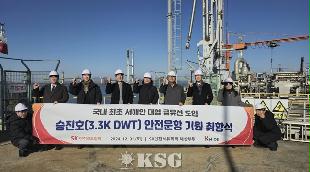

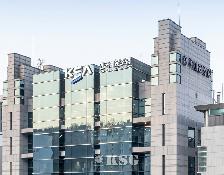
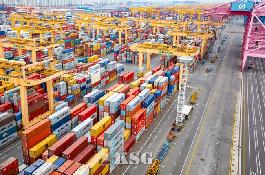
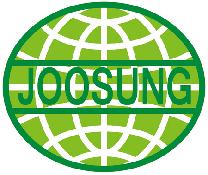

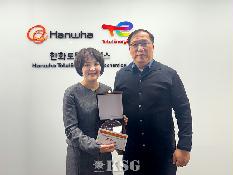

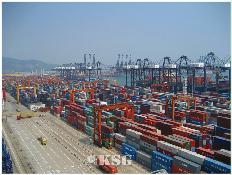
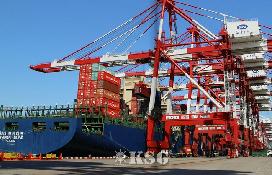
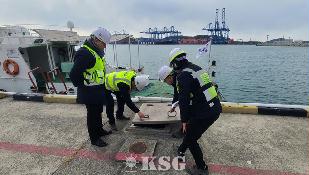
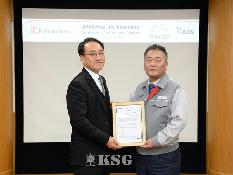
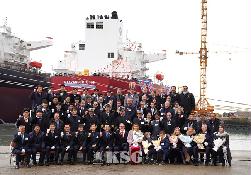

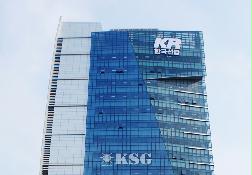

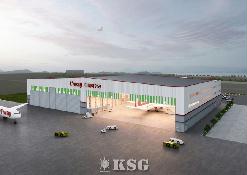
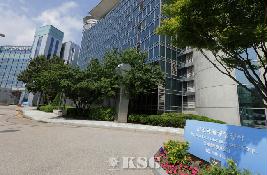

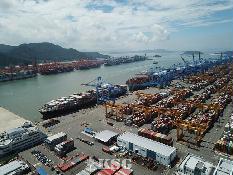
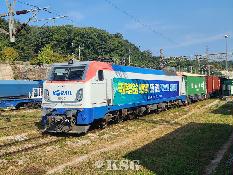
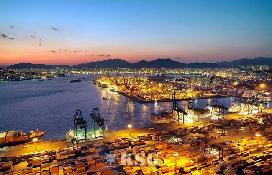
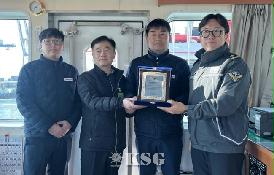
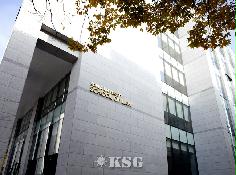
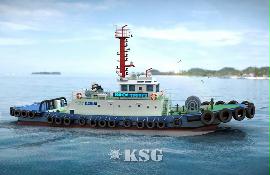
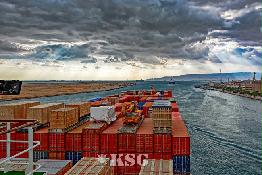









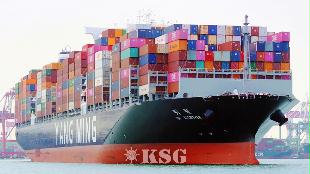
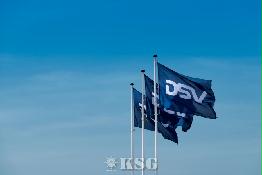
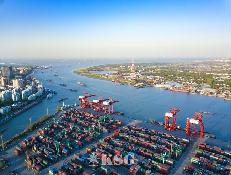









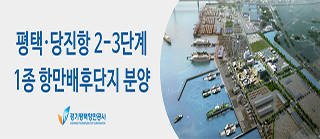












0/250
확인